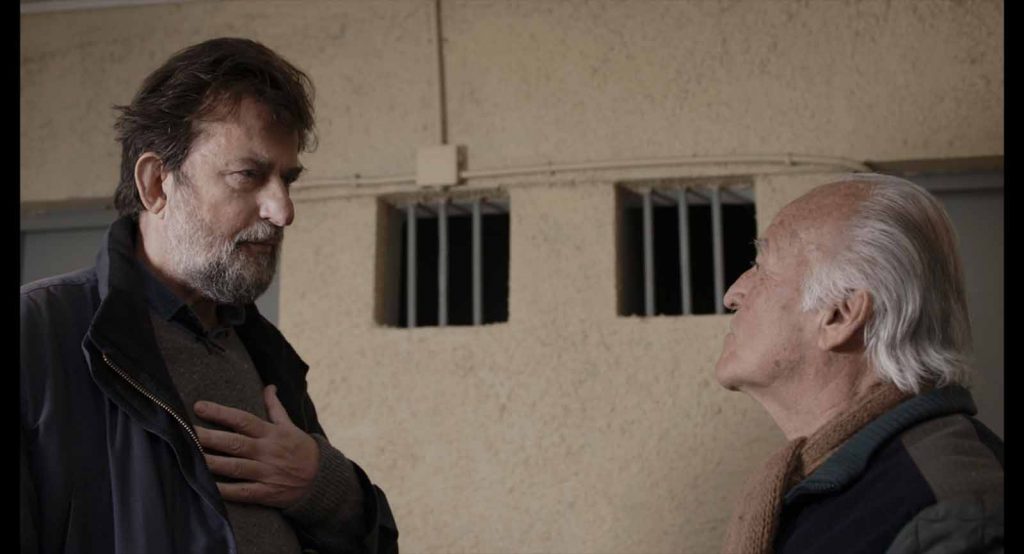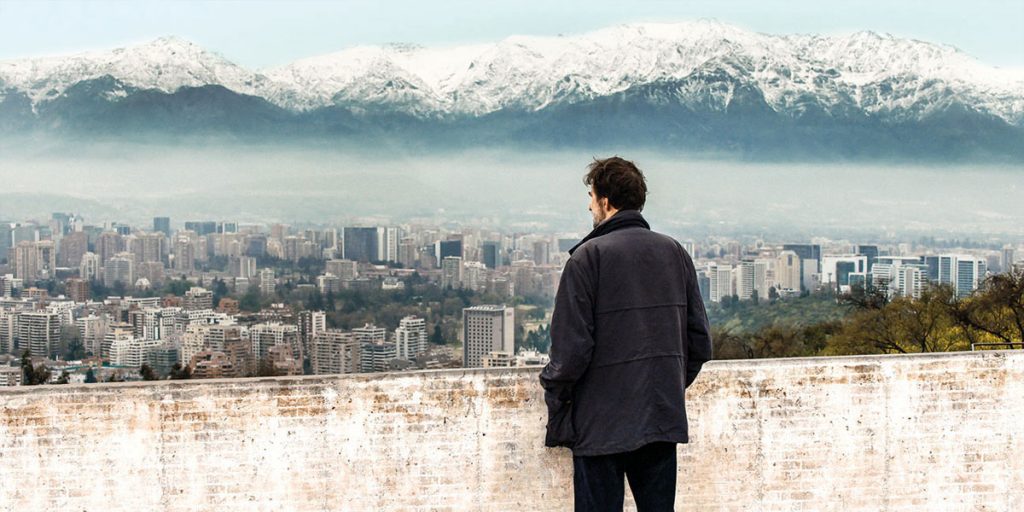Nanni Moretti’s Santiago, Italia draws a deeply insightful picture of the years of the Chilean military coup through the voices of the exiles who took refuge in Italy.
You probably know that Chile has been wading through muddy times. You probably don’t have a clear picture of what this is all about, or maybe you do. But this doesn’t really matter now, so you’re excused for skipping class. Since we can’t turn a blind eye to the fact that something is indeed going on, we might as well start from scratch and build our Chile-related education on solid History programme bases. That’s more or less Italian director Nanni Moretti’s Santiago, Italia’s goal – and that’s why we’re going to use his documentary as textbook. Just give me 500 words, and I’ll turn your eager selves into Hons majors.
The first thing you need to know is that, though Moretti is quite a renowned filmmaker in Italy, he’s no prominent documentarist. Palme d’Or winner in 2001 for The Son’s Room (La stanza del figlio), socially engaged fiction has always been Moretti’s cup of tea. This means he’s a quite seasoned storyteller, and in fact Santiago, Italia soars to narrative perfection while relating the political and social turmoil that implanted civil and institutional disorder in Chile. That’s why you don’t really need any previous engagement with the subject matter: like all great documentaries, Santiago, Italia sees that all the fundamental information streams seamlessly in. The story goes like this.

Socialist Salvador Allende gets democratically elected President of the country. He dreams big, and he wants to realize the utopia of a Socialist regime “with a human face”. The big capitalist players out there aren’t ardent supporters of his ambition at all, and part of the Chilean society isn’t either. He remains in office from 1970 to 1973. Then the army launches a coup, seizes power, and kills Allende, who will become a secular martyr of conspiracy theories. General Augusto Pinochet ascends to power, giving a pseudo-official condition to the new status quo. And this is where Moretti begins.
He begins by showing archival footage of hordes of people marching in the street in support of President Allende. Woodstock just happened, but everyone still cheers at fraternity, peace, and love. Chile’s a political workshop, and its population’s hopes have never been that high. Then the death row of witnesses gushes out, and we instinctively know something must have gone sour in the process. They tell us about how they took refuge within the precincts of the Italian embassy in Santiago to escape military persecution. They fill our imagination with grim stories of unjustified torture. Our hearts beat in unison with theirs as we see them being exiled in Italy and struggling to give renovated meaning to an existence far from home. But that’s not all there is to it.
In fact, Moretti reached out to the torturers as well. He interviewed former Chilean soldiers who took part in the civil repression of the post-Allende years – and he found out that truth isn’t always as blatant as we might like to think, and that the era of post-truth actually began years ago. There are various levels of segregation, and the deepest, almost unfathomable one is mental segregation for sure. You can be a prisoner in your own country – and that’s bad enough already. But authentic freedom begins when you start questioning yourself – your motives, your ideas, your reality.
And Moretti composed an hymn to freedom. He filed in an invaluable complaint against things as they are, as they used to be, and as they always will be. He gave us food for present thought by showing us the past. And that’s enough, I believe, for a good History class. So go home, do your readings, and come back tomorrow. We’re ready to burrow into contemporary Chilean matters now; at least, until the next documentary gets released.
Santiago, Italia premiered at the Glasgow Film Festival today, and will be screened again on Tuesday 3rd March.

